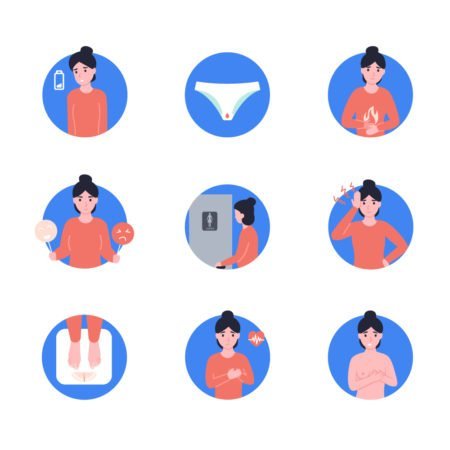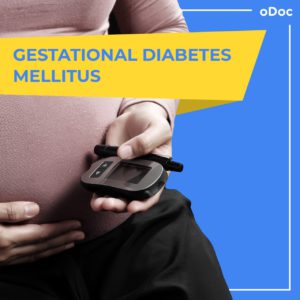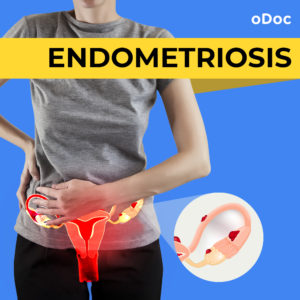
Menopause Brain Fog is real: A Simple Guide with Symptoms and Treatment
Menopause Brain Fog is real: A Simple Guide with Symptoms and Treatment Women in their 40s and 50s who are just entering the end of
Happy, anxious, nervous, scared, overjoyed and excited. These are just a few of the emotions you may experience when you first find out you are pregnant. If it is your first time you are definitely going to feel a bit confused and will resort to googling everything related to pregnancy. We have broken down everything you need to know about the first trimester of pregnancy in this blog.
So what is the first trimester of pregnancy?
It is the earliest phase in your pregnancy. It starts on the first day of your last period and ends on the last day of the 13th week. During your first trimester of pregnancy, a lot of changes happen to you and the baby. So keep reading to find out what is in store for you
What are the changes happening in your body?.
Due to the hormones released by the body,, many changes will occur during pregnancy. These changes help prepare you for the 9 months of pregnancy.

It is important to note that some symptoms of pregnancy continue for several weeks or months. Others are only experienced for a short time. Some women experience many symptoms, and some experience only a few or none at all. Everyone is different but that’s to be expected -you are unique!
Now lets have a look at the changes your baby will go through.
The most development occurs during the first trimester. During the first 13 weeks, your baby develops from a fertilized egg (embryo) into a fully-formed fetus. All major organs are formed during the first trimester of pregnancy. By the end of the first trimester of pregnancy, the fetus weighs approximately 0.5 to 1 ounce and measures, on average, 3 to 4 inches in length.
Here is what exactly happens:

(Source: Johns Hopkins Medicine)
The fetus is most vulnerable during the first 12 weeks. During this period of time, exposure to drugs, radiation, tobacco and other toxic substances can affect the formation of the major organs and body systems.
So what do you need to know while visiting the doctor during the first trimester?
As soon as you find out you are pregnant, make an appointment with your VOG doctor so you can start caring for the baby. You should see your doctor once a month but it is better to discuss this with your VOG doctor.
During your first visit the doctor may:
If you experience any of the following please seek medical help immediately:
It is also recommended you start building out your birth plan early on during your pregnancy. To know more about how to create your birth plan click here. You can also consult a VOG doctor at any time and from the comfort and safety of your home via the oDoc app.
Source

Menopause Brain Fog is real: A Simple Guide with Symptoms and Treatment Women in their 40s and 50s who are just entering the end of

Did you know that gestational diabetes mellitus, also known as GMD, is one of the most common medical complications of pregnancy? What is GMD? Why

Endometriosis No woman looks forward to “that time of the month.” Dealing with nausea, stomach cramps, mood swings, back pains and fatigue, all whilst facing
Get the latest health tips delivered straight to your inbox!